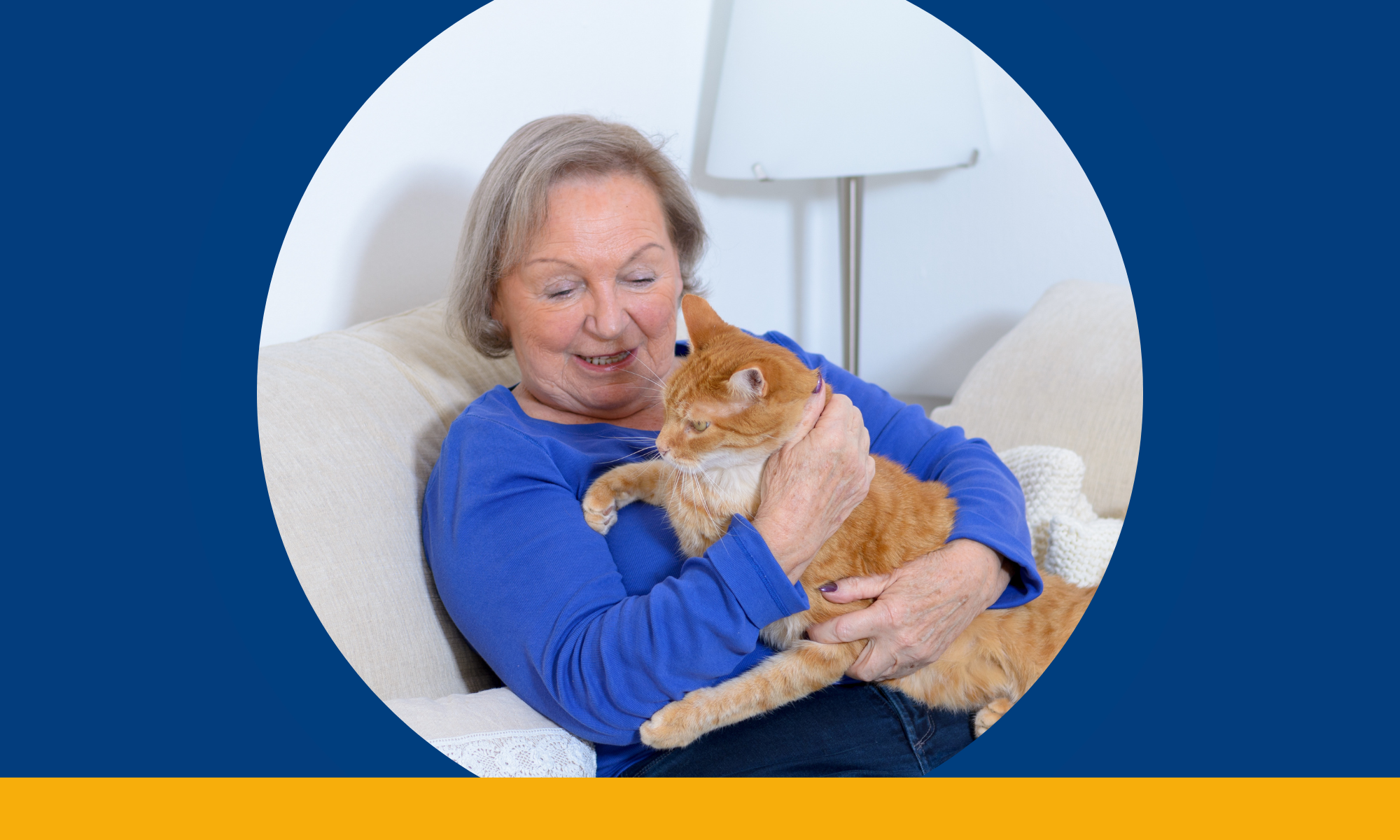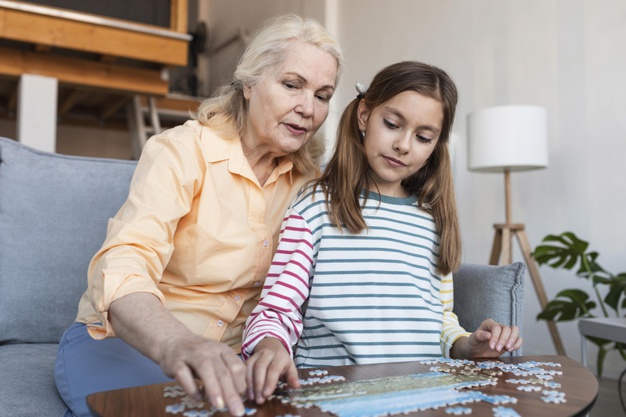The Benefits of Exercise and Physical Therapy for Seniors Receiving Homecare
As we age, regular exercise and physical therapy become increasingly important for our health and independence. Seniors receiving homecare can greatly benefit from having access to an active lifestyle that is tailored to their individual needs. The benefits of exercise and physical therapy for seniors receiving homecare are vast.
Regular physical activity helps to maintain strength, mobility, memory skills, and coordination between mind and body movements, which can all improve the overall quality of life. With targeted exercises at home, many senior citizens are able to live the life they want to have, independent, mobile, and free from pain.
Improved Physical Function
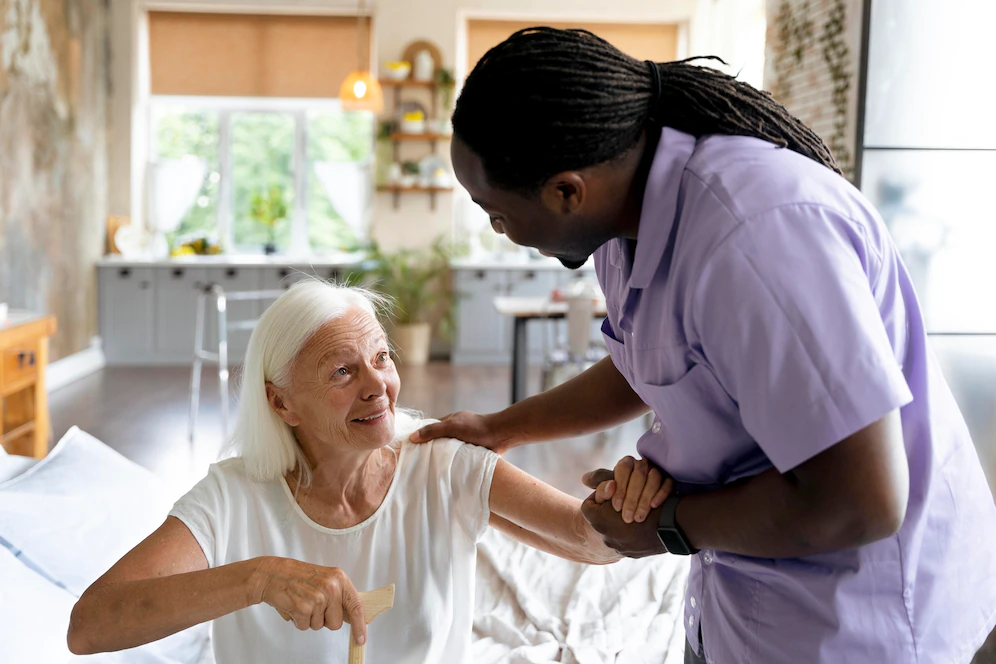
Exercise and physical therapy can help maintain or improve physical function, including strength, flexibility, and balance, making it easier to perform daily activities and prevent debilitating injuries from occurring. With homecare, physical therapy sessions can be tailored to address specific needs and concerns, whether it be improving balance to prevent falls or exercises to help in the recovery from an injury or surgery, leading to an improved quality of life. This all helps seniors to stay active, and independent and enhances their overall well-being.
Did You Know?
Older adults in receipt of formal home support services have expressed a preference for being physically active through the activities they enjoy, such as walking and gardening, rather than engaging in structured exercise programs.
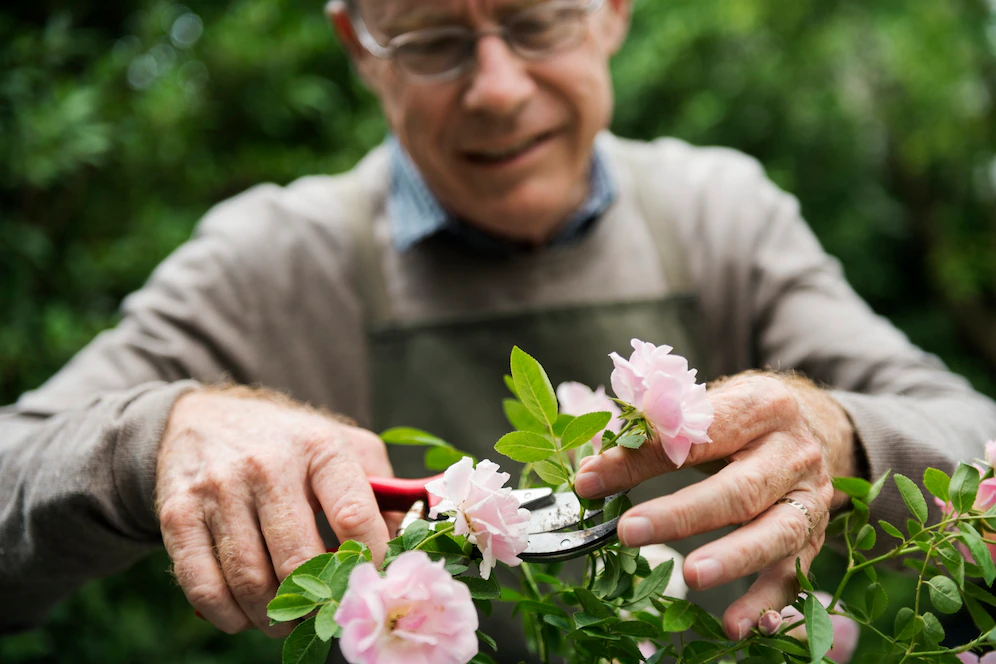
Pain Management

Pain management is a crucial aspect of healthcare, particularly for seniors who may experience chronic pain due to age-related conditions such as arthritis or discomfort from injuries and surgeries. Exercise and physical therapy can be valuable components of a comprehensive management strategy. Not only can it help manage pain, but it can also enhance independence. Being able to perform daily tasks can provide a sense of empowerment and control over one’s life. Through these practices, it is easier to engage in activities that are enjoyable.
Enhanced Independence
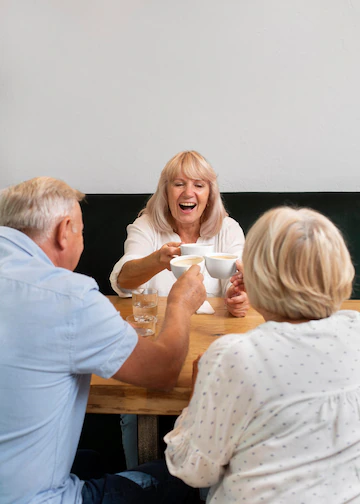
Not only does regular physical activity help to prevent illness and improve mental health, but it can also provide enhanced independence in order to continue living comfortably at home. This results in the confidence to meet friends and family knowing that they are fit and strong enough to do so. It reduces a reliance on caregivers for daily tasks and reinvigorates independence which is so important to live a stress-free, happy life.
Homecare with Care 24-7
• The Care 24-7 team use the right skills and knowledge to establish the kind of homecare needed.
• Whether this be related to physical therapy or medication management.
• Our team works with local NHS, council and private clients to ensure that person-centred care plans are developed.
• This level of care means you can stay in the right place, your home and remain independent for longer.
It is important for seniors to maintain their dignity and self-sufficiency as they age. Not only can it help maintain health but it also offers the potential for a higher quality of life. It can be challenging to find activities which are appropriate and meaningful for older adults at this crucial stage in their lives, however with the right resources and support, they can thrive.
Exercise and physical therapy sessions give seniors an extra boost of confidence knowing they’re still able to do something active and be proactive in their healthcare. Homecare is designed for those who need a little extra assistance maintaining independence while ensuring they are comfortable, safe, and supported throughout their daily lives. With the right care available to them, they can feel empowered, invigorated, and healthy.



